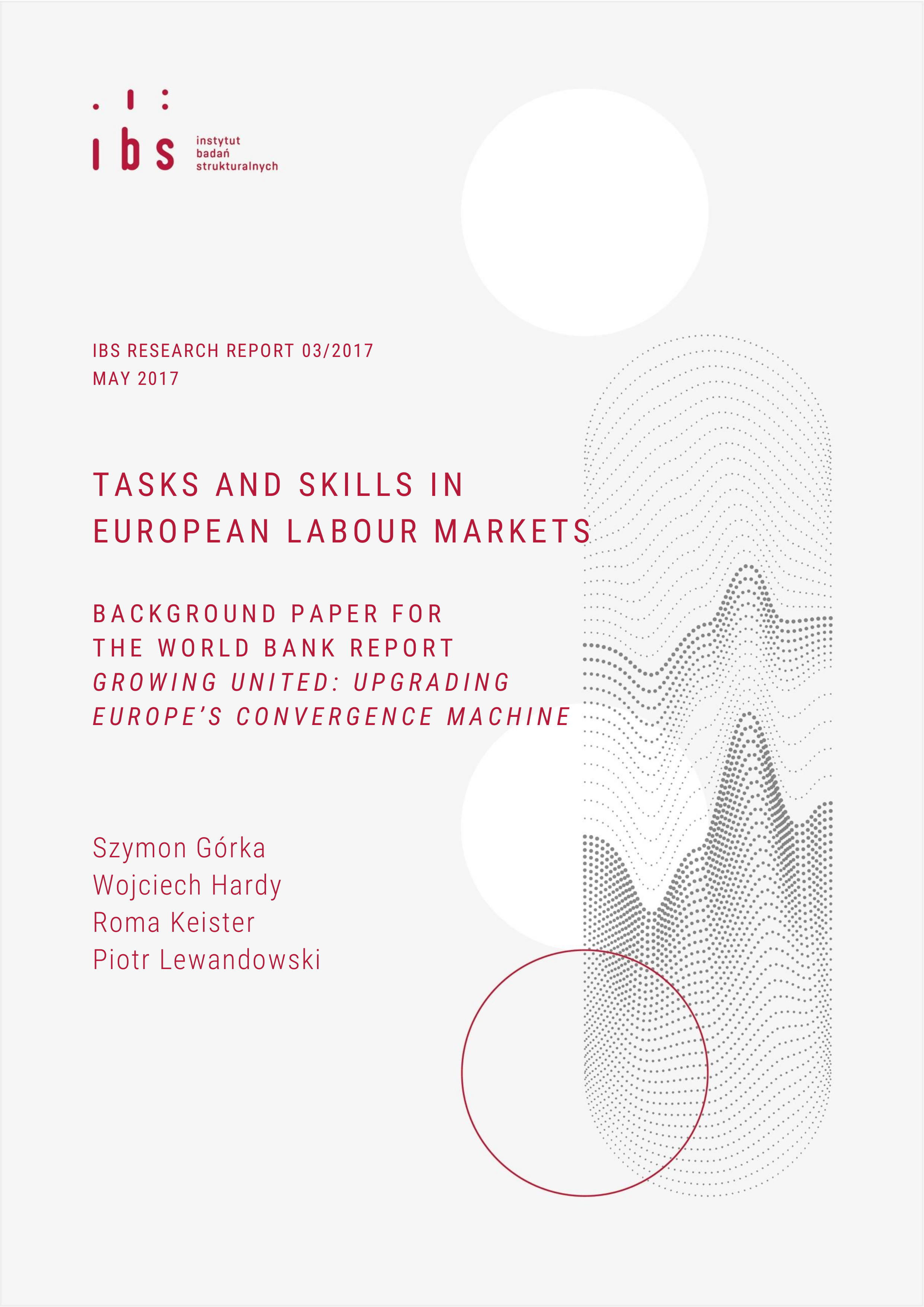Since the 1970s, the reallocation of labour from manual to cognitive jobs, and from routine work to non-routine work, has been one of the key developments on labour markets around the world. In this paper we collect the stylised facts on the evolution of the task content of jobs in European countries between 1998 and 2014. We cover a wider group of countries than covered in the previous research. We match O*NET occupation content data with EU-LFS individual data to construct five task content measures: non-routine cognitive analytical, non-routine cognitive interpersonal, routine cognitive, routine manual, and non-routine manual physical. We find that the non-routine cognitive content of jobs increased in all countries while the manual content decreased in all countries. The routine cognitive content of jobs decreased in the majority of EU15 countries but it increased in the majority of the New Member States of the EU and in Portugal and Greece. We attribute these differences to different patterns of structural change. We also find some convergence in skill levels between the European countries, and a divergence in employment outcomes of workers with different education level within particular European countries.

This background paper was prepared for the 2018 World Bank Report “Growing United: Upgrading Europe’s Convergence Machine”. The findings, interpretations, and conclusions in the background paper are those of the authors, and do not necessarily represent the views of The World Bank and its affiliated organizations. This paper uses Eurostat data and OECD data. Eurostat and OECD have no responsibility for the results and the conclusions, which are those of the authors.
Institute for Structural Research (IBS), Faculty of Economic Sciences and Digital Economy Lab (DELab), University of Warsaw

